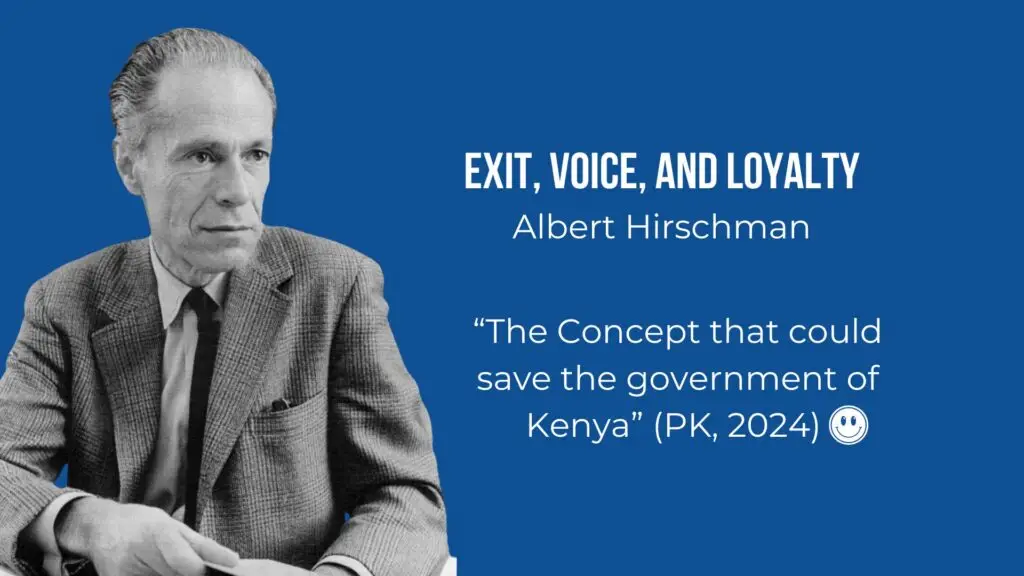The Power of the People: When Governments Ignore Their Stakeholders

Two weeks ago, I emphasized the critical role of stakeholder engagement in government success. In my article, “Funding Challenges and the Public’s Voice in Kenya’s Budget,” I underscored the need for the government to listen to “the ground “and respond appropriately.
Much has transpired since then. Initially dismissed as privileged youth, a new generation of digital activists has demonstrated their power. Through the #Occupy hashtag, they silenced politicians and transformed Xspace into a platform for mass mobilization. Recognizing the public’s self-driven engagement proved challenging for the political class, but the compelling issues discussed in these forums drew massive, fearless audiences.
Pro-government bloggers’ counterattacks, relying on outdated strategies and personal insults, failed to sway public opinion. The stakeholders’ hashtags dominated X, reflecting their unwavering determination.
Poor Crisis Communication Strategy
The president’s communication team, if existent, was either unprepared or misled. His initial public addresses were met with widespread criticism, as Kenyans demanded leadership, not outbursts and tantrums. Subsequent attempts to engage with journalists and propose dialogue team further were ignored and laughed off.
Recognizing the power shift, the president eventually joined the Gen Z on their preferred platform, Xspace. A key factor in their campaign’s success was its simplicity and strong branding. Clear, concise hashtags conveyed their demands effectively.
The president’s dismissal of the entire cabinet, excluding one minister, who at one point promised an earthquake announcement represents a rare instance of public approval of the president’s actions since the contentious finance bill 2024. Crises can either strengthen or weaken organizations. The president’s rapid erosion of goodwill that he gained during his presidential campaigns places him at a precarious position which needs him to act cautiously because his current crisis may make or break him forever.
Break of Make It Through Crisis
He now has an opportunity to rebuild his image which has been deteriorating at a faster rate than the speed at which Kenyans dismissed the destruction of Team’s academic certificates by fire in the City Hall. He has to move swiftly and carefully by constructing an image repair strategy that could begin with careful cabinet appointments.
Hirschman’s (2004) concept of “exit, voice, and loyalty” provides valuable insights into stakeholder behaviour. Dissatisfied stakeholders can either leave or voice their concerns. The Gen Z, a highly influential group that everyone ignored, chose to voice their dissatisfaction. Their actions align with Hirschman’s argument that loyal stakeholders are more likely to voice their concerns and can be instrumental in organizational improvement.
Listen to your Stakeholders
The president’s initial disregard for the Gen Z’s demands exemplifies the consequences of ignoring stakeholder feedback. This experience underscores the importance of active listening and responsiveness to the needs and preferences of the public, as suggested by Franklin (2020).
